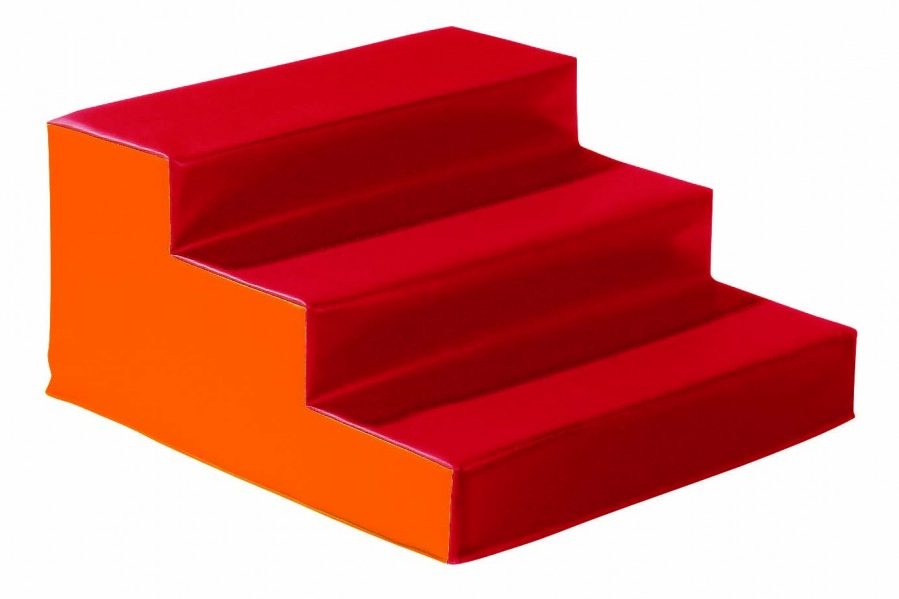(based on a “Tomer Devorah” class by Rabbi Yaacov Haber)
There are three Hebrew synonyms: “Selichah,” “Mechilah,” and “Kapparah,” all related to the idea of “forgiveness.” What does each mean?
“Selichah,” usually translated as “forgiveness” is the first step which must be taken if someone has committed a sin, whether it be against G-d or against Man. To ask for forgiveness is to say to the “injured” party, “I am sorry for what I did; I sincerely regret having done it, and I will never do it again.” The appropriate response to this request is to believe that the petitioner is sincere and “open the door” for him or her to “come in.” A person who refuses to do this is considered a cruel person.
“Mechilah,” usually translated as “wiping away” is the response to the request “Can we put our relationship back on the level which it was on before I sinned against you?” A positive response to this is difficult, but within the G-dly powers given the human being, and is required.
“Kapparah,” is usually translated as “atonement,” as in Yom Kippur, the Day of Atonement. This is the response to the person who says, “My conscience will not let me live with myself, because of what I did to you and to our relationship.” To respond positively to this is beyond human capacity. It is only G-d Who can reach inside a person and say “Be comforted.” “Kapparah” is the climax of this three-part process, and is accomplished on Yom Kippurim.
